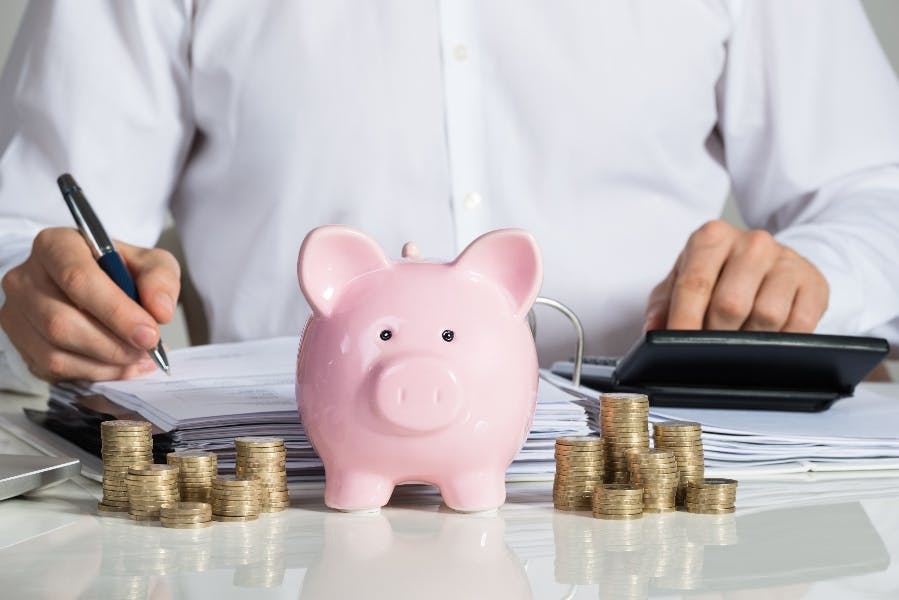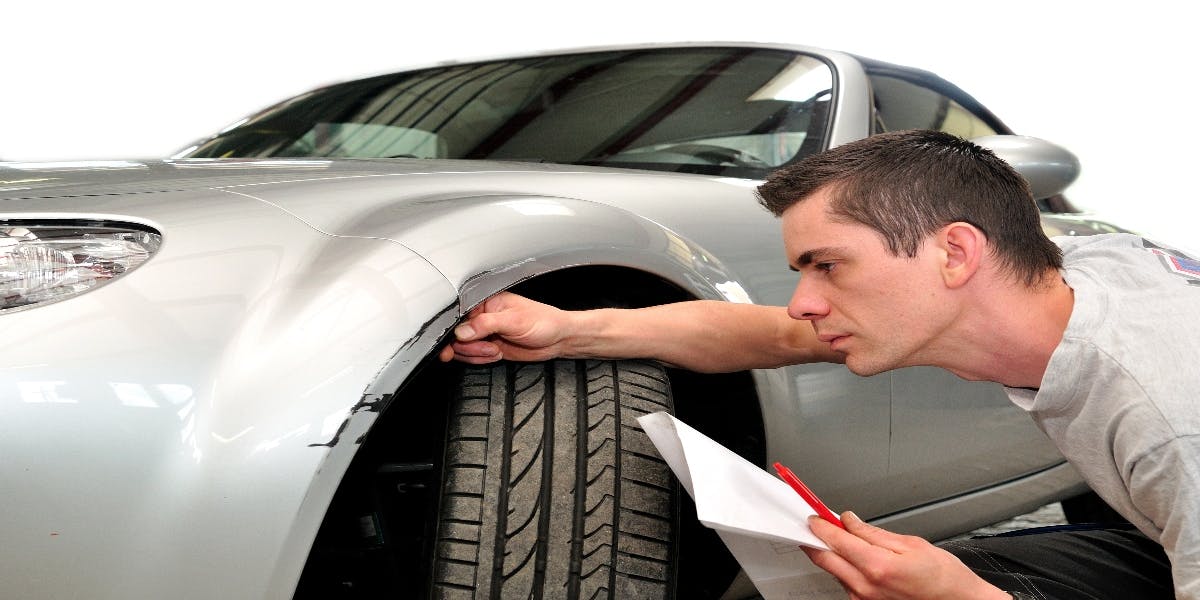What Are The Pros And Cons Of Leasing A Car?
Car technology changes so rapidly, so it’s no wonder drivers are looking to upgrade to the latest models - and fast.
But if you’re buying your car up front, and driving away with thoughts of that shiny new model you saw down the street already in your head, buying may not be the most cost efficient choice.
When you’re frequently upgrading for a new vehicle, leasing is the easiest way to say goodbye to your used car when you’re ready for a new one.
To quickly summarise how car leasing works - both for personal contract hire (PCH) and business contract hire (BCH) - you pay a monthly fee to drive a brand new car for a set amount of time, and when your contract ends, you hand it back.
You won’t have any of the hassle associated with owning the car yourself, and don’t have to search endlessly for a buyer, to likely end up with a fraction of what you paid.
So, what are the pros and cons of leasing?
To find the best personal leasing and business leasing deals on the UK market, look no further than Lease Fetcher. We help you compare car lease deals from brokers right across the UK.

The Advantages of Leasing
Though there are a number of benefits to leasing, we’ve listed the top advantages you’ll have over buying the car.
A Brand New Car Every 2-4 Years - Without The Hassle
If you’re constantly keeping an eye on the newest cars in the market, leasing is a great way to make your driving dreams a reality.
Whether you like to keep up with the latest trends, or just want to ensure your car has the most up to date safety features, leasing takes away the hassle of repeatedly buying and selling.
When you lease a car, you’re always getting a factory-fresh, brand new model (you can lease a used car but this is not commonplace). This means you are covered by a multi year warranty on your lease car. As long as your lease contract is 3 years or less, you don’t need to get an MOT either!
Reliability
Faults are uncommon with new cars, and even for the car mechanic enthusiasts, it’s never fun to make constant trips to the garage.
With new car leases, you bypass the costly problems associated with older vehicles, as you’ll have your car for a maximum of 3-4 years.
If any issues arise unrelated to your usage, it’s a quick call to the dealer and your manufacturer’s warranty ensures everything gets resolved.
Affordability
Leasing gives you the chance to drive a high spec car on a limited budget, which you might struggle to buy outright.
With leasing, you only pay off the cost of depreciation during your contract. This cost to lease a car is often around 40% of the price of the car.
This makes it an often affordable alternative to other finance deals like PCP or hire purchase. The cost of depreciation is divided between an initial payment (called an initial rental) to the finance company and set monthly repayments. Many brokers will allow you to trade in your current car to lower the cost (this is called car lease part exchange).
The initial rental and monthly payment split is flexible, meaning you can even get a no deposit car lease if you don't want to part with a chunky payment upfront.
With road tax included in the lease, and occasionally even breakdown cover, there are less additional costs to factor into your budget.
If your credit score isn’t up to scratch, you’re also more likely to be approved for leasing than on a loan. You do need good credit to lease a car generally, but if you have a poor credit score, there are options, like finding a car lease guarantor.

The Disadvantages Of Leasing
We won’t be surprised if you’re already convinced to lease, but depending on your circumstances there could be disadvantages. We’ve put together some of the things you’ll want to consider before setting up your lease.
You Never Own The Car
Though the cost to lease a car might work out cheaper than it would buying, leasing is essentially like renting. If you’re wondering what happens at the end of a lease, you might be disappointed.
At the end of your monthly payments, the dealer remains the registered keeper of a lease car and unlike PCP, there’s no option to trade in or buy the car.
You won’t get the cash boost of selling the old car on, but if you’re making a significant saving versus buying, you can always put these savings away towards your next lease.
Since you don't own the car, you're limited in what modifications you can make to the car. You can put a private plate on a financed car but you can't do too much more than that after you receive it. You can add car lease extras during the contract creation process, but you pay full price to enjoy these for a few years.
Car Usage Limitations
Bearing in mind that you’re never actually the owner of your leased car, there are some regulations you’ll have to stick to until the end of the contract.
For lease deals, your down payment and monthly costs are calculated based on the amount that the car is likely to depreciate.
A fan of spontaneous trips across the country? Doing a heavier number of miles will create a greater impact on the car’s average depreciation.
By the end of the term, your car is going to be worth less than those with a lower annual mileage. A higher mileage allowance will push up your monthly costs, and you might even be hit with an excess mileage charge if you exceed your mileage limit.
Damage & Repairs
For those prone to the odd bump here and there, you might want to carefully consider your plans to lease.
With car leasing, if you return your car at the end of the lease with damage that significantly impacts the value of the car, you’re going to have to pay for it.
Dealerships expect the car to be returned in good condition (as specified by the BVRLA), so if you’re unsure what the leasing company will consider acceptable, take a look at the BVRLA guidelines to ‘fair wear and tear’.
If you are incredibly unlucky and your lease car is written off or stolen, you still have to pay the rest of the leasing payments. If you take out lease gap insurance, you'll be fine though! Gap insurance is worth it to make this con less of a con!

To lease or not to lease?
There’s really no right or wrong answer here, as it all depends on what works best for you.
Buying may work out better financially if you’re keeping it long-term, however on a short term basis, cars are rarely a great investment.
Cars are one of the highest value depreciators, so leasing is a great option for drivers that look for a new car every couple of years.
If you still can’t decide whether leasing is right for you, our in depth guide on whether to lease or buy a car can help finalise your decision! We've written more in-depth guides about personal contract hire and how business car leasing works too.
If you're considering other forms of finance, we're here to help you weigh up their pros and cons too. See our PCP vs lease post for some clarification!
At Lease Fetcher, you can compare the best car lease deals on the UK market - whether you're looking for a personal car leasing or business car leasing deal, you'll find the budget-friendly car of your dreams with ease with us! Prep yourself with our car leasing tips so you know exactly how to create your dream deal.


